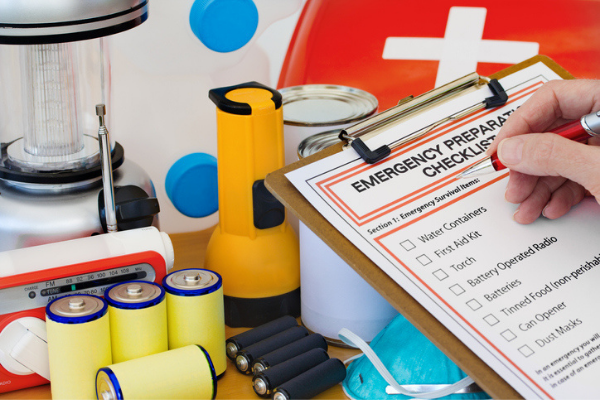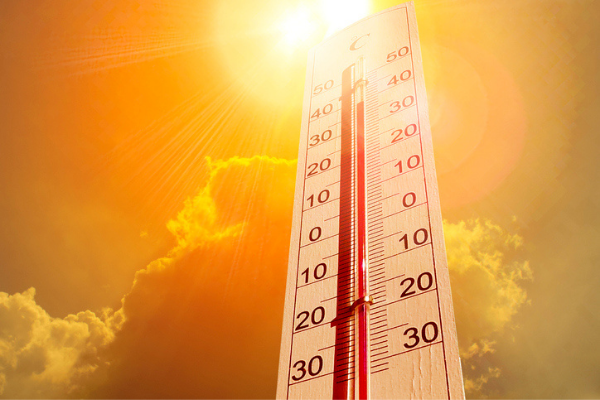
Do you know who to call?
When it is a true emergency, you know the number to call, and in most cases, it is 911. But, what if it is just urgent or 911, isn’t the number you need to call? Additionally, if the power is out, you may not be able to use your office or house phone, because you have lost your internet connectivity. You have to ask yourself this question, how are you going to communicate? This second question is maybe a bit easier, as the cellular telephone is ubiquitous. However, there are times and places where the cellular telephone is useless; think dead zones in buildings or areas where they pose a safety risk or in situations where the network is overloaded, or it too is down. Backup communication plans are essential.
But back to that first question, who do you call when 911 isn’t appropriate? For example, you are walking to the breakroom, and you pass a laboratory door, peer in and see something that doesn’t seem right to you. Who do you call to check it out? Or, you are at home and see some suspicious activity or a tree has fallen on a power line, the line is not down but could be soon, it isn’t an emergency, but it needs to be reported. Do you know the number to call? Or, you are on the road and passing a tanker truck and notice the appropriate caps aren’t in place or a semi-trailer that may have lost one of its restraining straps? These are situations where knowing who to call and knowing the phone numbers are essential. Have you ever tried to find the police or Sherriff’s non-emergency number when you needed it?
In the case of the laboratory at the workplace, many have the contact numbers for that laboratory posted on the door, or there is a well-known procedure to follow. However, at small institutions or in non-laboratory areas, this may not be the case. So, having a personal plan as to what you would do or who you would contact may be key in preventing a situation from becoming an emergency. How do you prepare? Keep a list of important numbers handy or on your smartphone. Some suggestions to start your list, Poison Control 1-800-222-1222, the number for security at your place of work, the number for your local law enforcement, the state highway patrol, and Chemtrec (an Emergency Hazmat Incident Response Company that many transporters utilize, their number is on many trucks) 1-800-424-9300.








